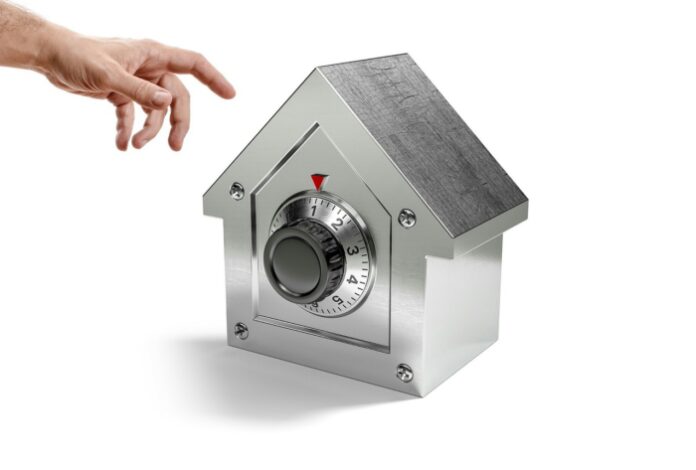A home safe is one of the most important purchases for any homeowner. Be it for documents, cash, or electronics, a home safe provides a place to store items of importance. In addition, it protects these valuables from theft, water damage, fire, and other catastrophes.
Since it is not practical to experiment with a trial-and-error approach while buying a safe, it is useful to learn how to choose the right safe for your home. In this article, take a look at what factors to keep in mind before picking a home safe.
Fire Rating
Simply put, a safe’s fire rating indicates how long the contents of the safe will be protected from extreme heat. Fire rating is indicated in terms of minutes, and can be anywhere between 0 to 4 hours, with 30-minute intervals.
There are two types of fire-resistant safes — one for documents and the other for electronics. It is not advisable to store electronics (like CDs and hard disks) in safes meant for documents, as the mechanism of fire resistance varies. Document safes are usually controlled for moisture to prevent documents from charring. However, exposure to the same level of humidity at high temperatures might damage electronics.
Pick a fire-resistant safe that is explicitly meant for electronics if you plan on storing media files and CDs.
Cash Rating
The cash rating of a safe is the highest amount of cash that it can store as determined by insurers. A safe’s cash rating is calculated keeping in mind the strength of the door and walls, the thickness of the walls, the complexity of the locking mechanism and quality of locks, and the number of bolts. A higher number indicates a safe that is more difficult to break into.
Although safes with higher cash ratings are more expensive, the investment might be worth it if you store high-value items inside.
Size and Weight
As a rule of thumb, the heavier the safe, the more secure it is. Heavier safes are more difficult to move around, which may discourage burglars from running away with portable safes. However, heavier safes may not be suited to be placed on higher floors, as your building’s structure may not be able to hold the weight. If you want to invest in a heavier safe, place it on the ground floor or the basement.
There are two size metrics to consider — use the external size to check if you have space in your home for the safe, and the internal size to determine how many valuables your safe can hold.
Chris from ASGuard advises, “Get a safe whose external size matches the dimensions of the location you want to place it in. There should be enough space to open the door easily. If you want to place the safe on a shelf, check to see if the base can hold the weight of the safe.”
The internal size determines the volume of valuables you can place inside. Always opt for a safe that is larger than what you need at the moment because you can use the extra space later in time. It is prudent to plan a few years ahead of time.
Portable or Permanent?
Smaller, portable safes can be taken on the move in cars, camping grounds, and RVs. However, they may not be as sturdy as permanent safes.
Permanent safes can be installed at home and usually provide more safety. But they cannot be moved after installation; installation is usually done by professionals as it has to be physically attached to your floorboard.
Type of Locks
There are three types of locks to choose from — key, combination, or digital.
A key lock is the simplest to use and is reliable. However, it may not be the safest, as the key could get stolen or lost. A combination offers an additional layer of security as it is more complex than a key lock. All you have to do is remember the combination or write it down in a secure location. However, it takes longer to open compared to a key lock.
A digital lock has a touchpad where you enter a combination or even biometrics (like a fingerprint scan). With a digital lock, you can create custom passwords for every member of your family. However, digital locks may need to have their batteries every year or so, and may not last as long as key or combination locks.
Closing Thoughts
Whatever type of safe you buy, it is only a part of your overall home security plan. More importantly, educate your family about where the safe is, how to open and lock it, and what to do in case of an emergency. Keep in mind that you might have to hire professionals to install the safe to make sure it functions properly. This is an investment of a lifetime!
Find a Home-Based Business to Start-Up >>> Hundreds of Business Listings.

















































